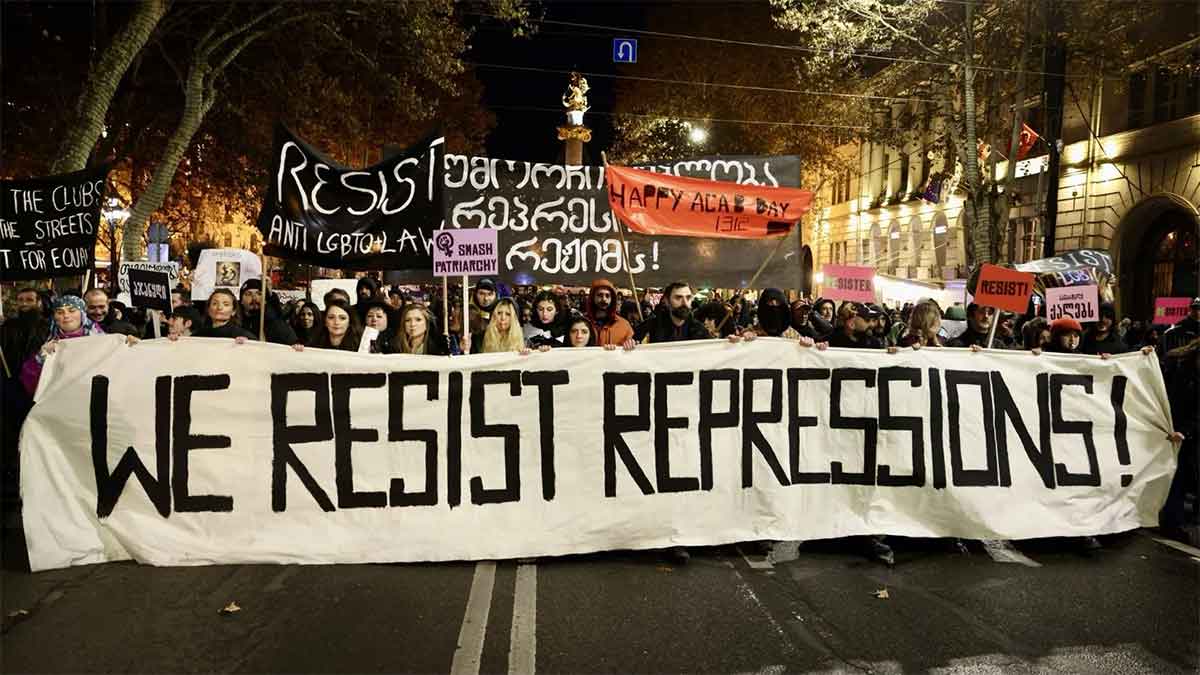The past days in Georgia have been marked by a steadfast commitment to democracy and European integration, as citizens continue their protests and political activities. On December 25, the 28th day of demonstrations saw women leading a march that culminated at the Orbeliani Palace instead of the Parliament. President Salome Zurabishvili addressed the gathering, praising Georgian women for their strength and hope for the nation’s future. This symbolic act highlighted the growing demand for new elections and an end to political repression.
Earlier in the day, a Georgian Public Assembly was initiated by representatives from various fields and groups. Their memorandum emphasized the urgency of public consensus, new fair elections, and an immediate end to violence against peaceful protesters. The document also called for the release of unjustly detained demonstrators.
As protests persist, a detailed schedule for December 25 revealed the breadth of participation. From general strikes to thematic marches organized by alumni networks, professionals, and students, the day’s activities underscored the unity and resolve of Georgian society. Notable marches included women’s movements, university graduates, exchange program alumni, and professionals from various sectors.
In a separate but equally tense event, the Ozurgeti City Council meeting in Western Georgia descended into violence. Pro-European opposition deputies carrying banners depicting police violence were met with physical attacks from Georgian Dream deputies. Cameramen and journalists were also targeted, highlighting the high stakes of Georgia’s current political landscape.
The international community has taken notice. On December 24, the U.S. Helsinki Commission reaffirmed its support for Georgia’s sovereignty and democratic aspirations, urging global democracies to take action to preserve the nation’s freedom.
For the 27th consecutive day, citizens blocked Rustaveli Avenue on December 24, demanding justice and media freedom. Protests extended beyond the capital to regions like Adjara, demonstrating the nationwide scale of public dissent.
Georgia’s struggle for democracy and European integration continues to resonate both locally and globally, as citizens persist in their efforts to secure a just and free future for their nation.









































